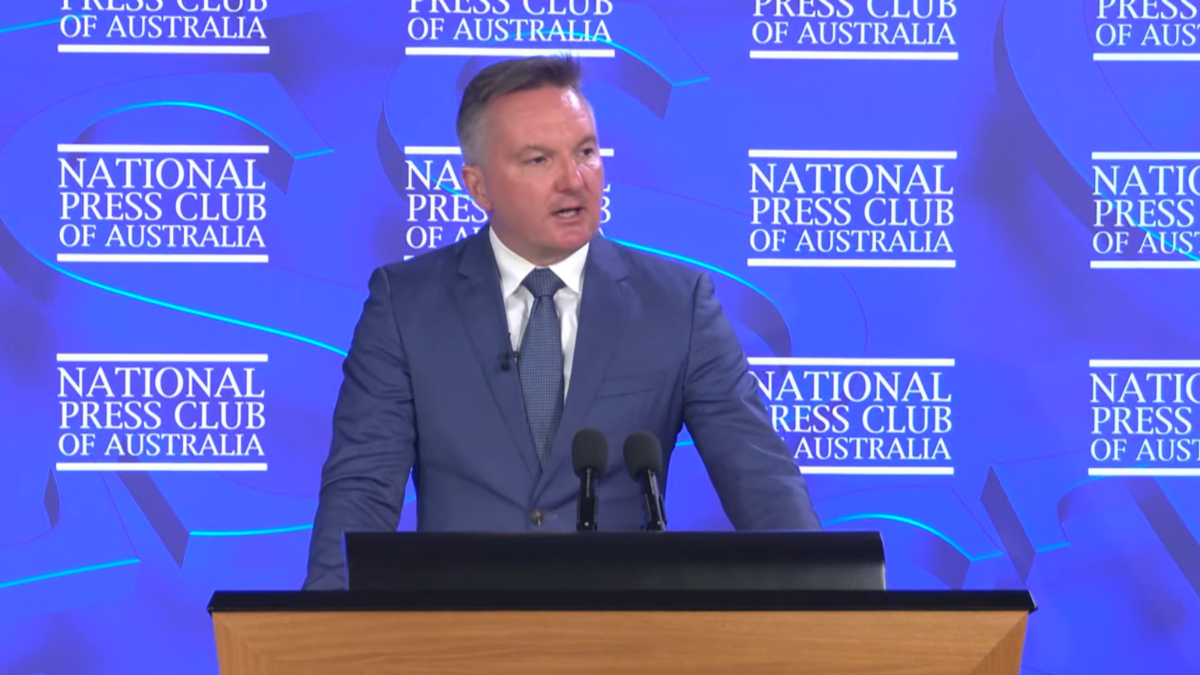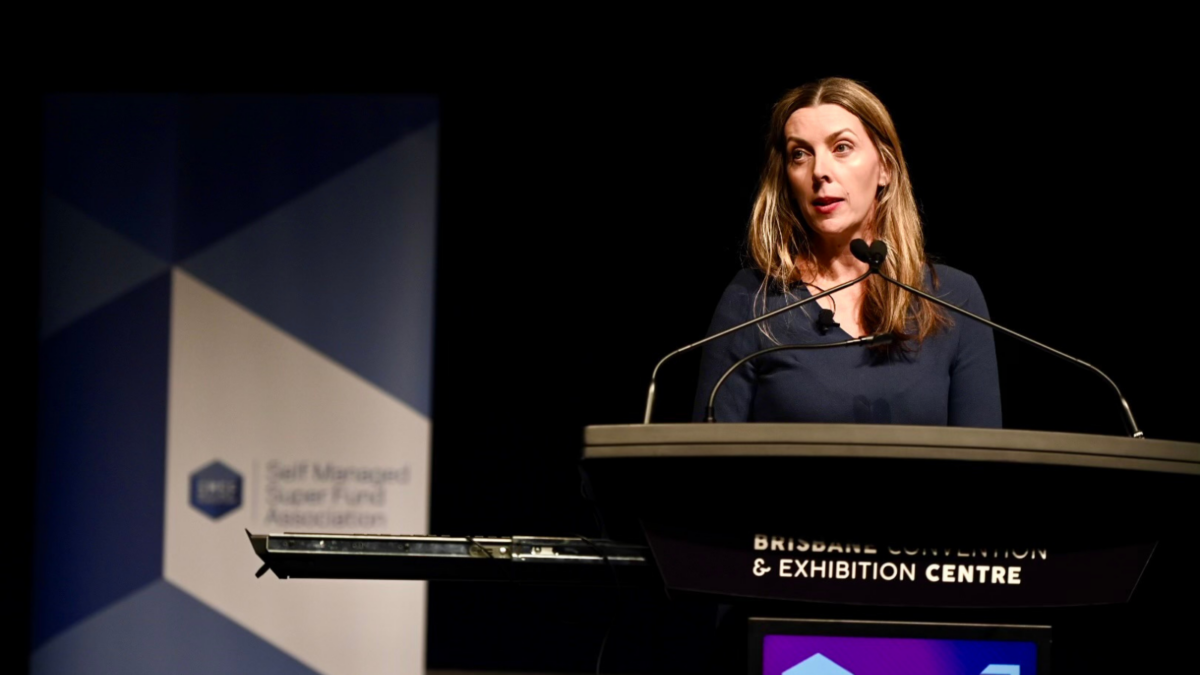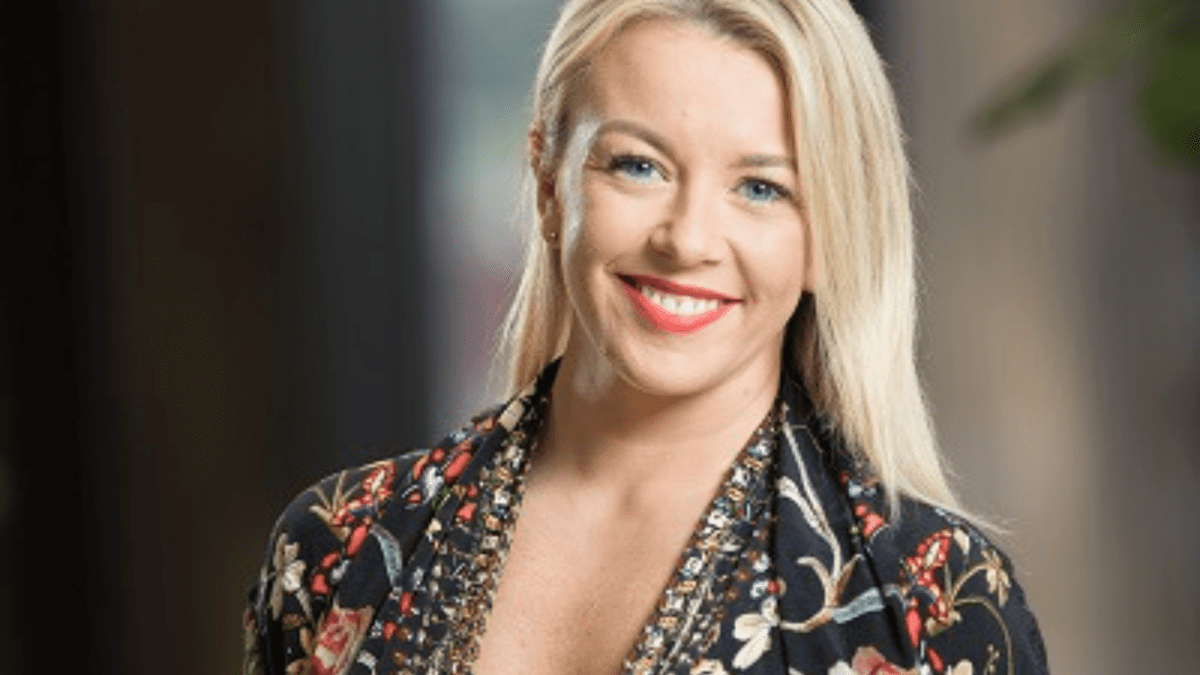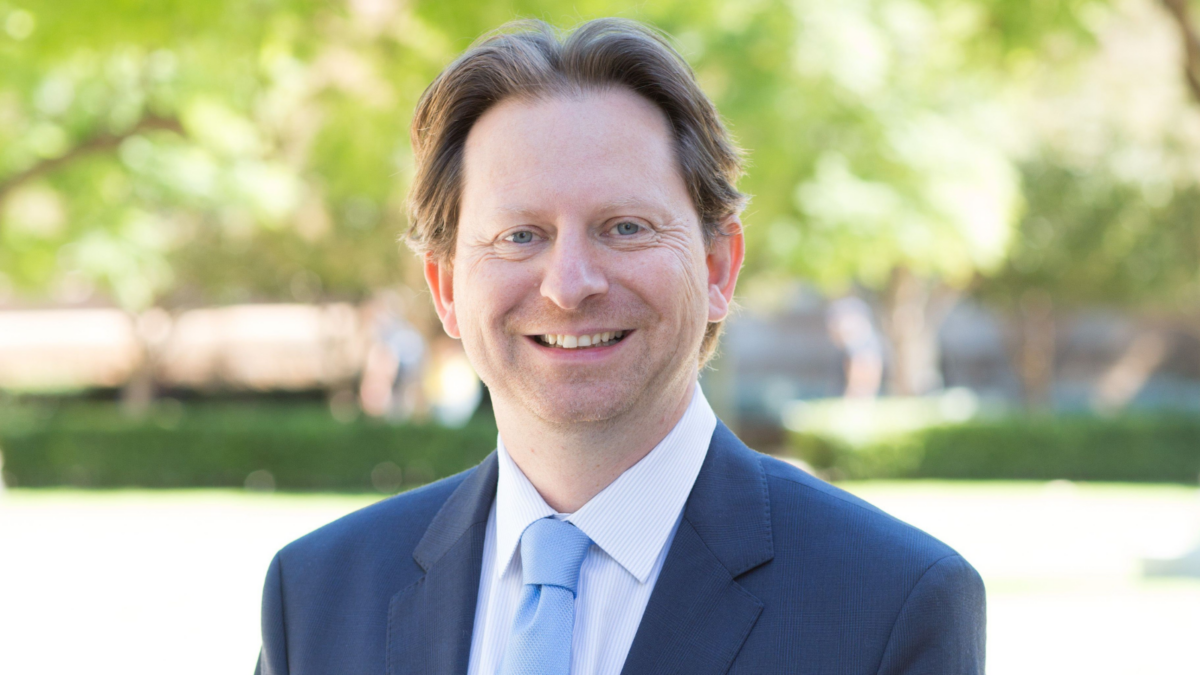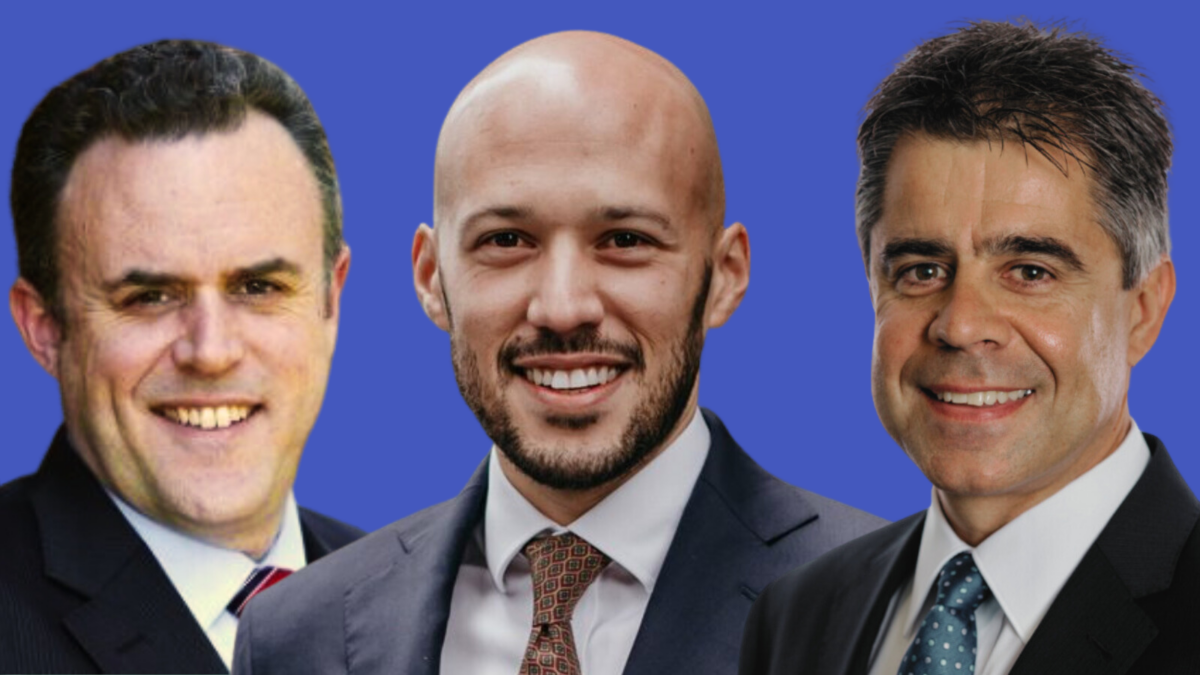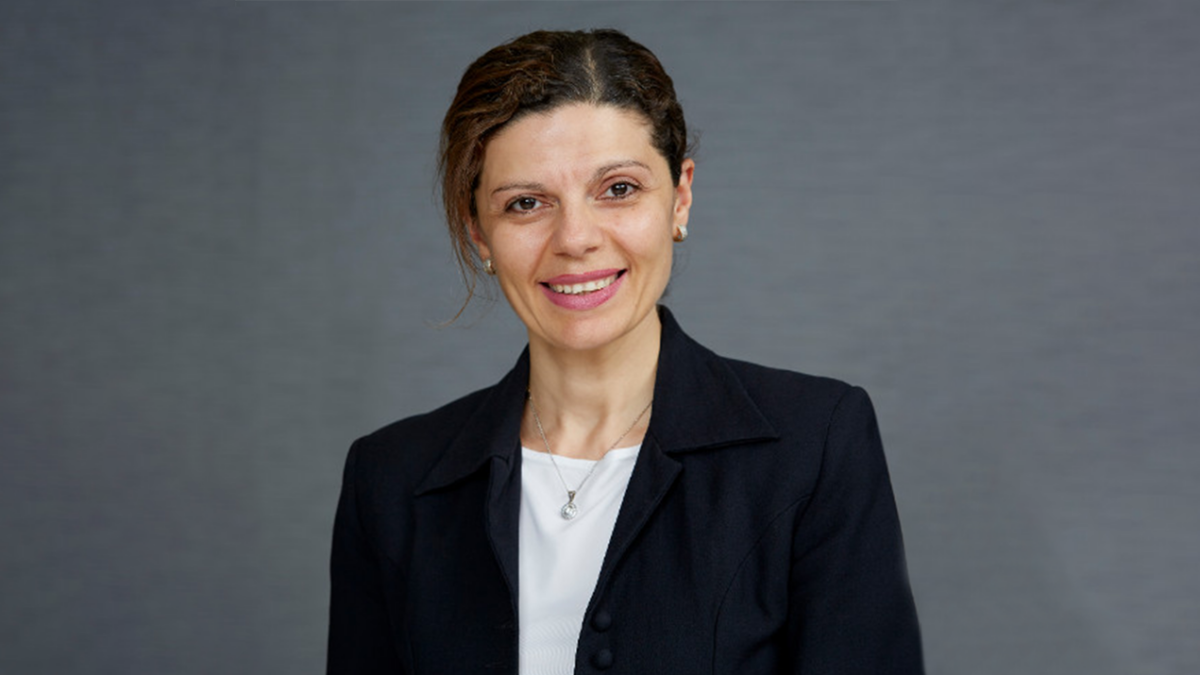-
Sort By
-
Newest
-
Newest
-
Oldest
In the 2019 federal election, Labor’s proposal to abolish cash refunds for excess franking credits went down like a lead balloon. So, will the $3 million cap proposal see Labor revisit history?
Tax on unrealised assets is virtually unheard of in Australia, and imposing one on fund members sets a dangerous precedent according to the SMSF Association, which says it’s “completely unreasonable” for retirees to plan for “such a radical departure from existing policy”.
It seems that while the older generations may be tilting towards simplification, the younger generations are looking for control and engagement. For financial advisers, this is a trend worth noting.
There are far simpler avenues to overseas diversification for your SMSF than property, but if you are going to take this complex, and somewhat risky route, you better do your homework.
Both illegal early access and SMSF suitability are known concerns of the regulator, but Sciacca noted that the driver of this review is ASIC’s desire to audit the efficacy of its earlier guidance on SMSF advice.
The gender gap may be closing in SMSF balances (and at a much faster rate than APRA funds), but it’s still a glacial pace. Class modelling shows that an early boost, combined with the magic of compounding, can redress the imbalance.
In a year when Australian equities far outperformed international stocks, APRA-regulated funds felt the brunt more than SMSF trustees, who still favour the double dipped income of franked local dividends.
Transfer Balance Caps, Super Balance Thresholds and the rules overseeing the notice of intent to claim a tax deduction are all overly complex and could do with immediate simplification, according to SMSF Association CEO Peter Burgess.
The government’s plan to increase taxes on super balances above $3 million will have a costly impact on the SMSF sector, with thousands of members likely to face liquidity stress, according to new research from the University of Adelaide’s International Centre for Financial Services.
With new data showing offshore share investments comprise just 2 percent of total self-managed superannuation fund assets in Australia, advisers are warning SMSFs against overreliance on domestic shares and cash and urging diversification.
With almost $600 million worth of SMSF assets held in art – up 54 per cent since 2016 – the original alternative investment is seeing a significant resurgence in popularity.
Stakeholders have welcomed a recommendation from the Senate Economics Legislative Committee that the government review its controversial plan to limit franking credits stemming from capital raisings and share buybacks.

